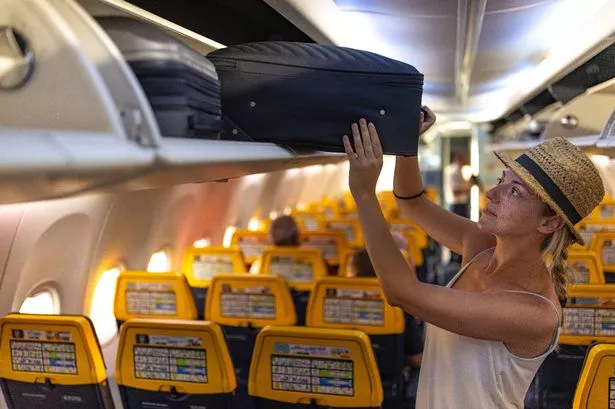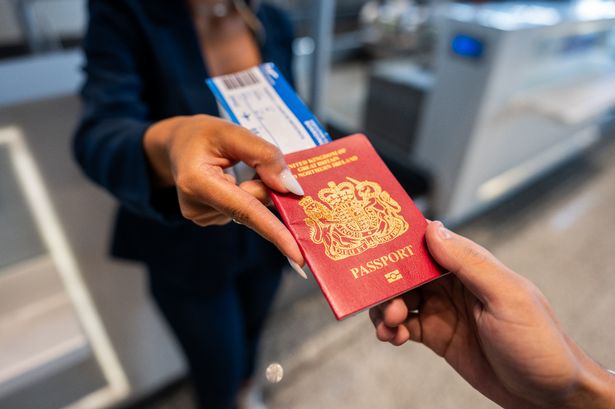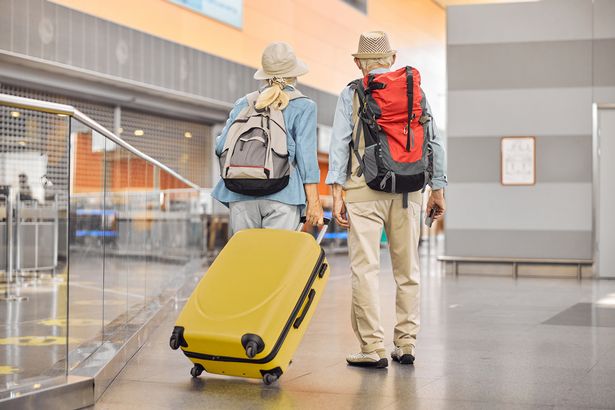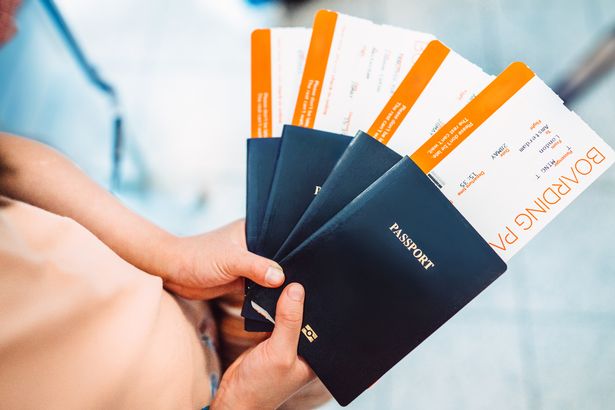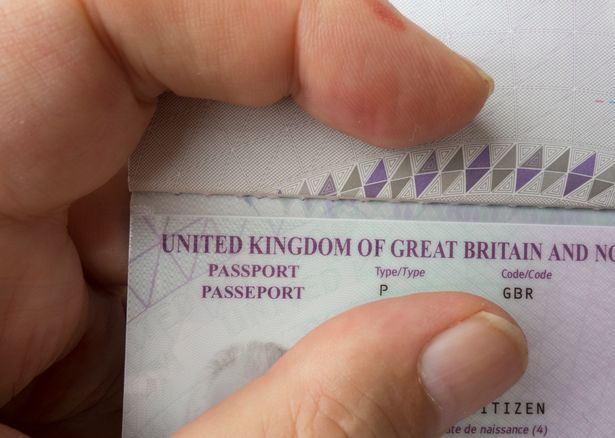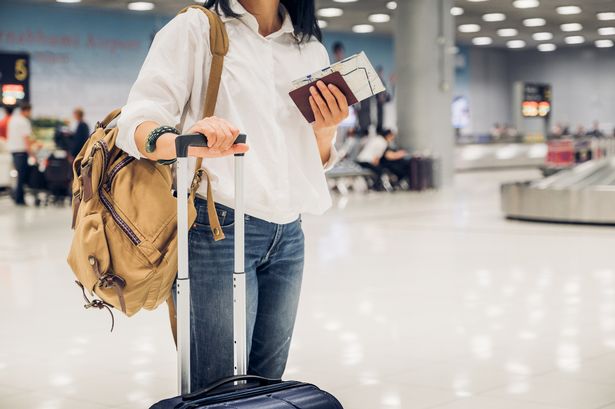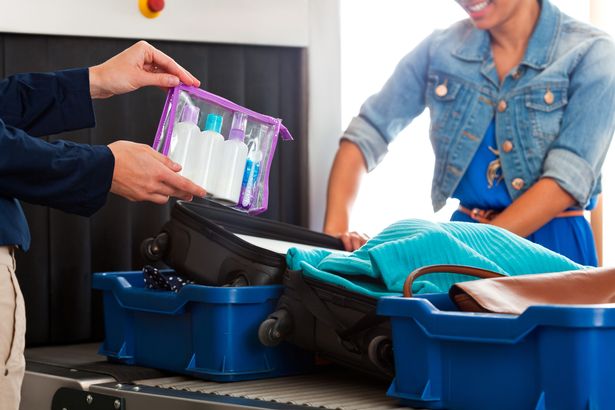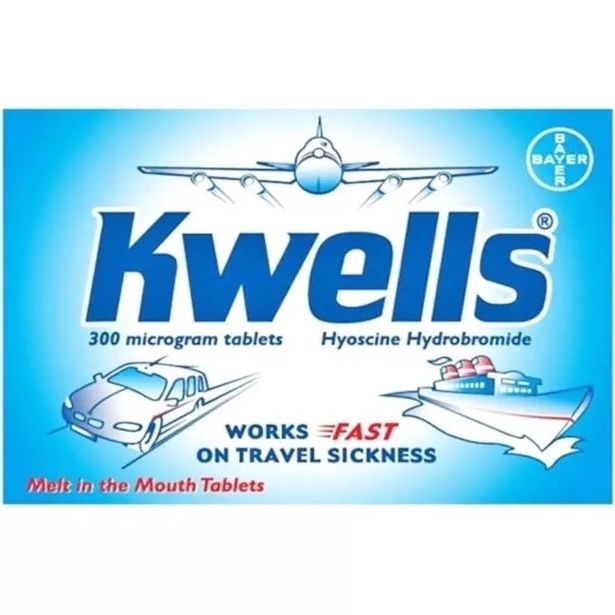The Foreign, Commonwealth and Development Office has shared advice to those travelling abroad, as millions of Brits get ready to jet off on their summer holidays
The Foreign, Commonwealth and Development Office (FCDO) is offering advice to Brits travelling overseas to help them keep their travel documents secure. In a bid to ensure that the millions of holidaymakers each year have a hassle-free journey, the FCDO has taken to social media platform X, as Twitter is now known, with some vital guidance.
The FCDO advises: “Heading abroad? Keep a copy of your passport, visa, and flight ticket separately from originals when travelling.”
They also recommend that travellers should “Keep copies at home and on your phone.”
A key piece of advice previously shared by the Foreign Office is to treasure your passport and protect it from damage, as a damaged passport is not valid for travel. Additional advice includes:
- Your passport is not always safer on you (e.g. lock your passport in a safe if you have access to one), unless the local law requires you to keep it with you.
- Make two photocopies of your passport – leave one with friends or family and take the second with you, or store it online using a secure data storage site
- Use this photocopy as alternative ID, for example when going out at night
- Make sure your passport is valid. For certain countries your passport must be valid for 6 months after the date you travel – check the entry requirements before you go
READ MORE: Jet2 ‘be aware’ alert over holiday rules you may not know aboutREAD MORE: Spain holidaymakers told not to say these two words this summer
In instances where passports are lost or stolen, tens of thousands find themselves in need of an emergency travel document. In cases of urgent passport issues within the UK, citizens can opt for the 1 week Fast Track service or the even swifter 1 day Premium service, reports the Liverpool Echo.
The Fast Track option assures you receive your new passport within a week from your appointment date, your earliest possibility for an appointment being just the following day post-application. Meanwhile, the Premium service boasts a turnaround of just 4 hours after your appointment, making it possible to collect your passport the same day.
Misplacing your flight tickets can lead to a multitude of problems, including the need to buy a replacement ticket, potentially forfeiting the value of the original one, and navigating the often-complex processes of refunds or rebookings.
In a separate piece of advice issued over the weekend, the Foreign Office cautioned holidaymakers about “keeping an eye on your drinks”. Taking to social media, they urged people to “remember not to leave your drinks unattended”, while also reminding travellers that drink measurements can vary significantly abroad.
This guidance forms part of the government’s Travel Aware initiative, which seeks to empower travellers with the knowledge to have a safe and enjoyable trip abroad, while also understanding the unique risks associated with different countries.
READ MORE: Ryanair, easyJet and TUI bag rule parents may not be aware ofREAD MORE: ‘Sensational’ UK beach that spans for ‘miles of golden sand’
As part of its commitment to providing unbiased information, the Foreign, Commonwealth and Development Office’s travel advice aims to empower travellers to make more informed decisions about their international travel plans.
In a specific warning to young travellers venturing abroad, the FCDO advises: “You should also get a travel insurance policy and make sure you know what cover it provides.”
The consequences of failing to secure adequate insurance before jetting off can be severe, leaving you liable for exorbitant emergency expenses, including medical treatment, which can rack up bills amounting to thousands of pounds.
